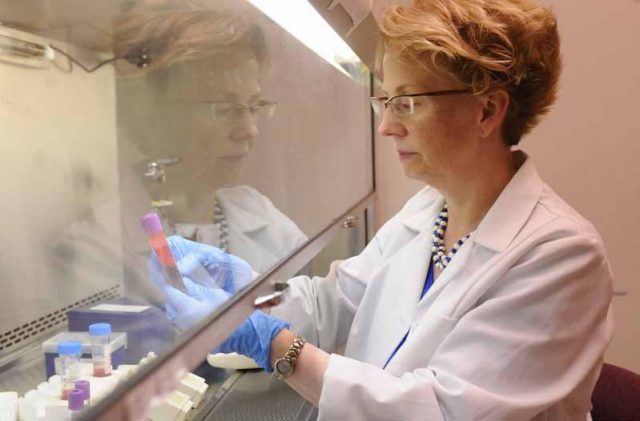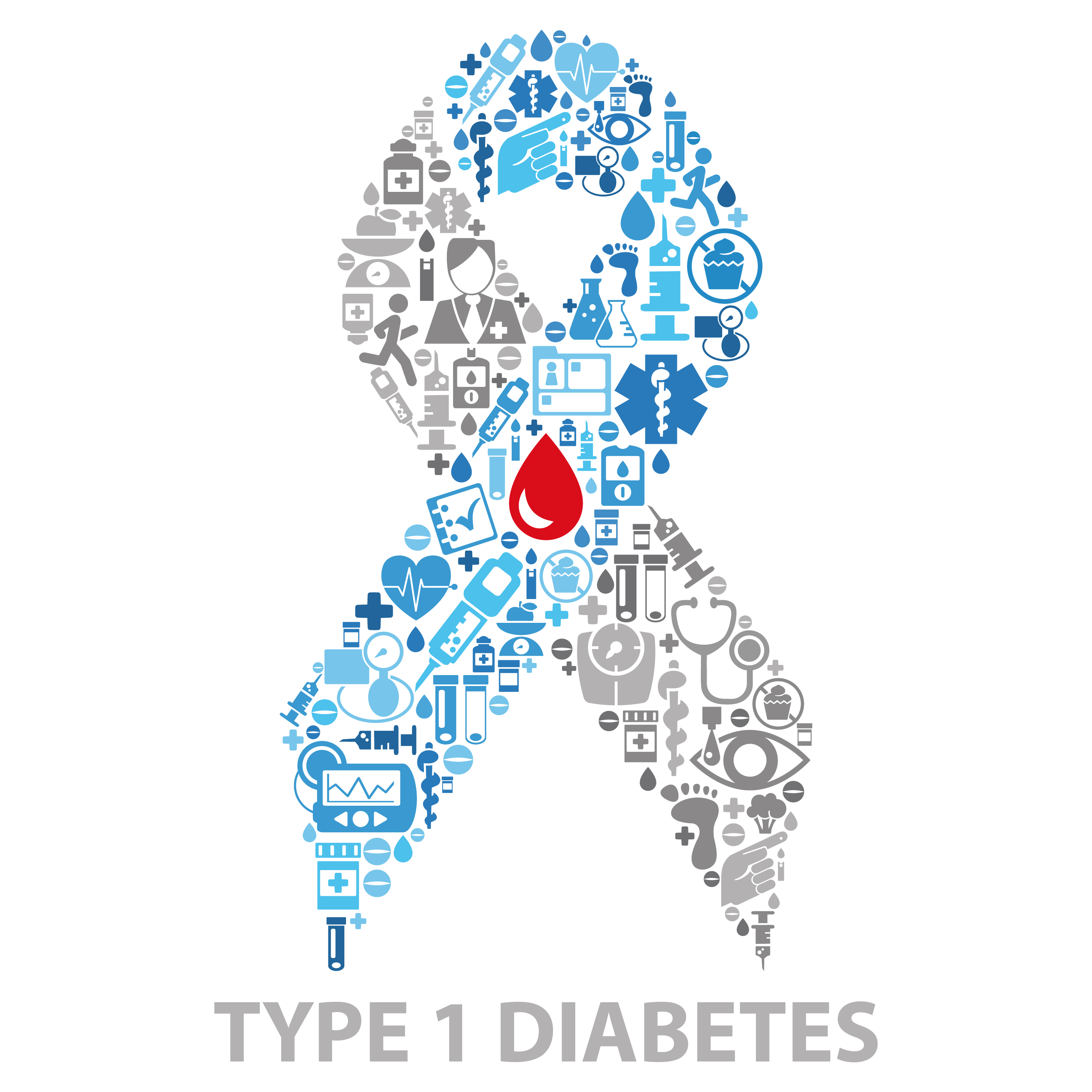Dr. Denise Faustman, M.D, Ph.D. Exclusive Interview from the Diabetes Symposium Seminar 2016 in Boston, featuring Steve Freed, Publisher, Diabetes in Control.
In part 3 of this exclusive interview, Dr. Faustman discusses how a cure based on the inexpensive BCG vaccine could permanently change type 1 treatment, and whether results could also apply to type 2.
Steve Freed: So, I know in the past you’ve been researching trying to find the T-cells that cause the autoimmune disease specifically for diabetes. Then if you could just keep the bucket half full.
Dr. Faustman: Tip the balance.
Steve Freed: Where does that stand in all this?
Dr. Faustman: So, one of the surprising things about the phase 1 clinical trial data was after we gave each dose of BCG, the blood was filled with dead autoreactive T-cells. These are people that are 15-20 years out from disease. So what that taught us was one, BCG was killing autoreactive cells, but it also taught us that people with long-standing type 1 diabetes have huge reservoirs of autoreactive T-cells. That’s probably because the pancreas is continually regenerating and getting bumped off by these bad T-cells. We have quite a large repertoire, numbers wise, of autoreactive T-cells even with long standing disease that need to be eliminated. So the dosing of BCG will become very important to get that balance and get rid of the majority of those cells.
Steve Freed: So, what about the time frame? When do you expect to have phase 2 completed? Obviously you can’t talk about phase 3.
Dr. Faustman: So, there will be two sets of clinical trial data coming. The next set of data that you’ll hear about, probably in the next year or so is that we went back to now follow our phase 1 subjects long-term. The data in multiple sclerosis says that the long-term changes in immune response take a while, at least with limited BCG dosing to cause permanent reversal of multiple sclerosis. So that data will probably come out the next year or so. Currently, as you know, we’re doing a phase 2 trial, we’re actively enrolling, so we’re at least 4 years off from data from that trial. Diabetes trials have traditionally not been able to budge for immune interventions, hemoglobin A1C, but that is the most respected outcome, is the outcome every type 1 diabetic wants. Most type 1 diabetics could care less about what their C-peptide levels are this week or next week. They care about, ‘how good is my blood sugar control?’ So it should probably give you a little clue that if we pick such a hard, ominous endpoint, we have great confidence that we will help to replicate what we are seeing long-term in type 1 diabetics.
Steve Freed: So, what would you like to tell medical practitioners? Where we’re at? Where we hope to go?
Dr. Faustman: So, this project’s probably also unique. This is about a 100 year old vaccine, treating people that have type 1 diabetes. Obviously there’s not much profit to make from a 100 year old vaccine that is globally dosed at a 100 million doses per year in the world. This will be a true game-changer for the financial impact of type 1 diabetes. The endgame will try to restore hemoglobin A1C with people with long-standing type 1 diabetes, better than any standard of care we have now.
Steve Freed: So, the way it looks, is if the vaccine starts to work that they’re eventually going to need booster shots?
Dr. Faustman: Yes, that’s what we’re trying to learn in this phase 2 trial. Can we make the therapeutic effect occur at an earlier time point? It’s a hard flog doing a trial where you’re probably under-dosing, like we did in phase 1, and then having to follow people for 5 years. So in this trial, we’re trying to hurry the therapeutic effect by giving booster vaccines yearly.
Steve Freed: Will this have any effect, I know you can’t answer the question as of right now, as far as type 2 diabetes goes?
Dr. Faustman: That’s a pretty interesting question. If you had asked me a year ago, I would have said no, they’re different diseases, how could you even mix those two up? There’s recent data, mouse data I’d like to clarify because we usually work on human data and you always [give] a little bit of less credibility to mouse data, but there’s recent mouse data out of Japan that BCG in genetically obese mice lowers the blood sugar. That’s pretty interesting. Our trials are now centered on type 1 and we’ll see what answers we get but that if it held up in the population [that] would be truly amazing.
Steve Freed: I always felt that type 2 is really almost an eating disorder.
Dr. Faustman: I always think that type 1 is much easier to understand, because I think in type 2 there’s many different ways you can get type 2. Even having said that, we certainly don’t have the cure for type 1 yet. I probably should also say these are totally philanthropically supported trials because if we successfully lower blood sugar with something outrageously inexpensive, it’ll be a game-changer. So we’re very lucky to have the support of the public for these efforts.
Steve Freed: I want to thank you for your time, it certainly was interesting. I hope I can email you once in a while to get some updates.
Dr. Faustman: Sure, absolutely.
Steve Freed: What you’re doing is so important when I see these little kids with diabetes and the parents.
Dr. Faustman: The tortured parents.





